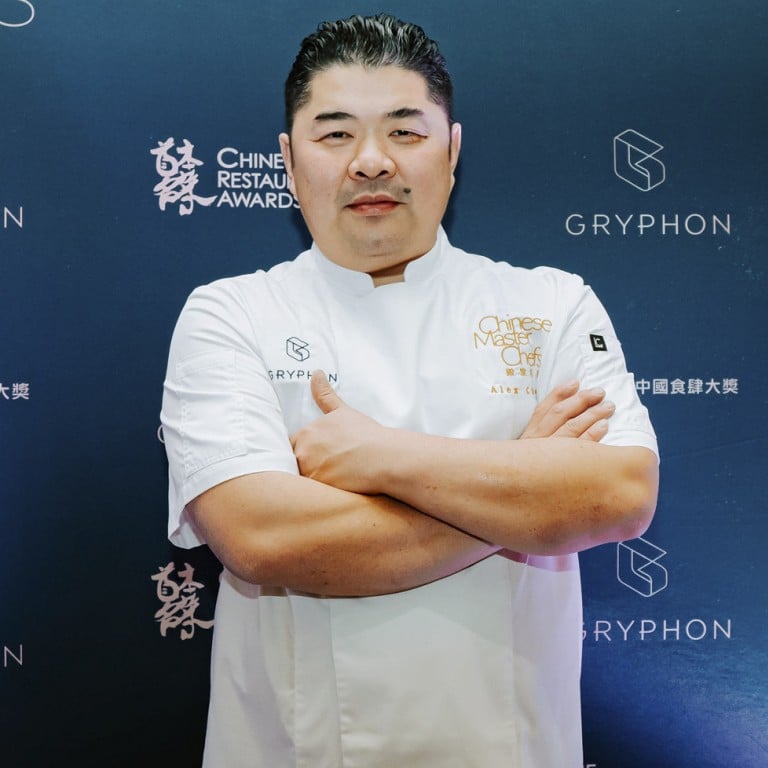
‘We’ve got to make it a little less Asian’: chefs in Canada push back against stereotypes of Chinese and Southeast Asian cuisine
- Chefs such as Alex Chen and Manpreet Sethi have learned to embrace their culinary heritage and are showcasing Asian cuisines in new ways to Canadian diners
- Instead of shying away from presenting strong or divisive flavours in their food, the chefs are leaning in and taking pride in their roots
Alex Chen may not be trained in Chinese cooking, but the chef was nonetheless determined to show off his Cantonese cuisine made using French cooking techniques at a dinner in Vancouver, Canada, organised by the Chinese Restaurant Awards.
For the 240-guest Chinese Master Chefs and Dining by the Awards 2022 Masters finale gala dinner at the Paradox Hotel Vancouver on December 7, the Malaysian-born, Chinese-Canadian chef presented a shallow bowl with thinly sliced raw geoduck, sea urchin and pine mushrooms, over which piping hot consommé was poured, perfectly poaching the geoduck.
“Instead of using Jinhua ham, I’m using the bones from Iberico ham from Spain.”
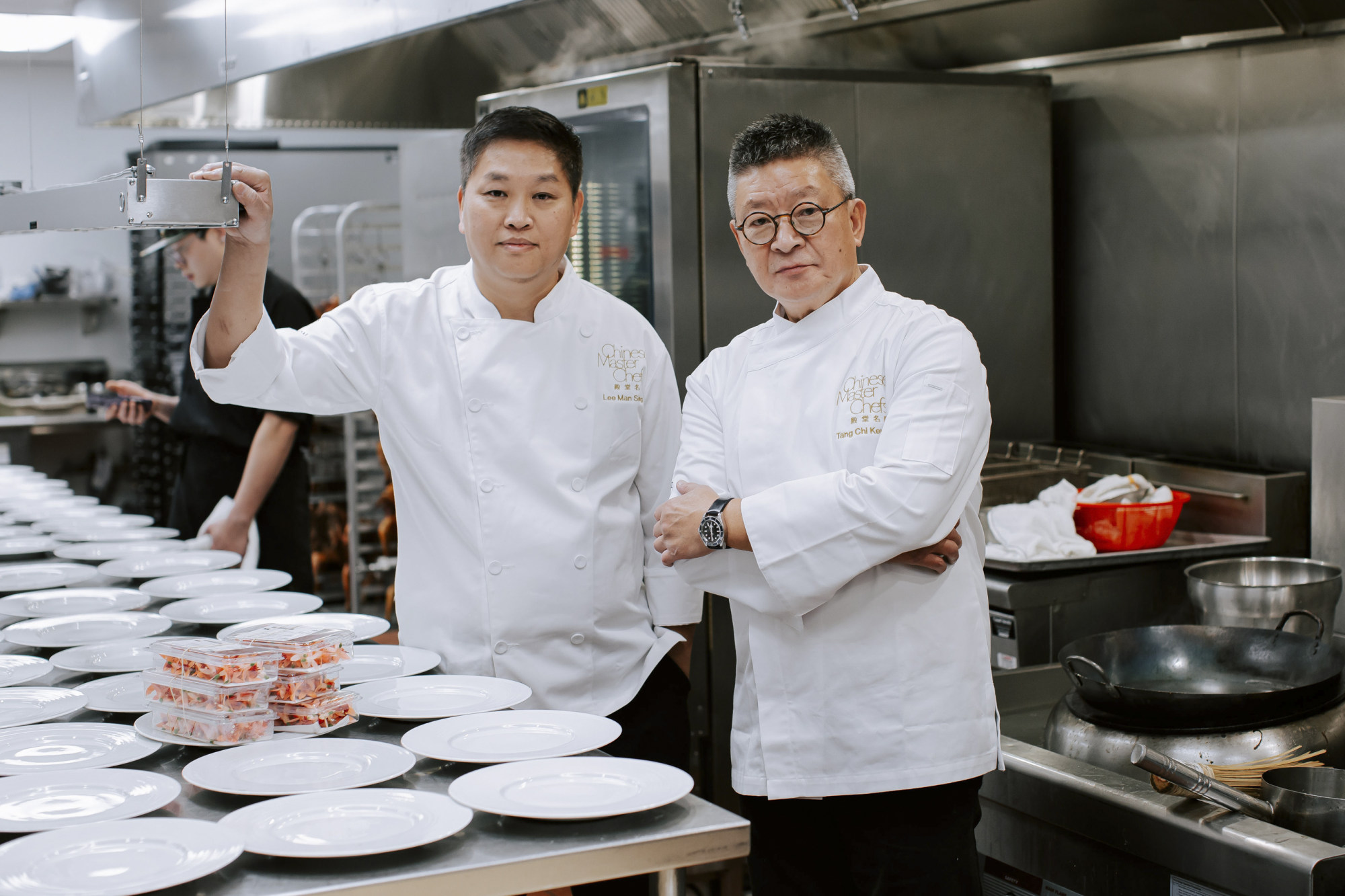
Their presence was partly why Chen was eager to show them what he could do and, in turn, he was able to watch them prepare some classic Cantonese dishes such as bird’s nest stuffed in bamboo piths with jus made from chicken.
‘It’s Malaysia’s time next’: food festival a good sign for culinary travel
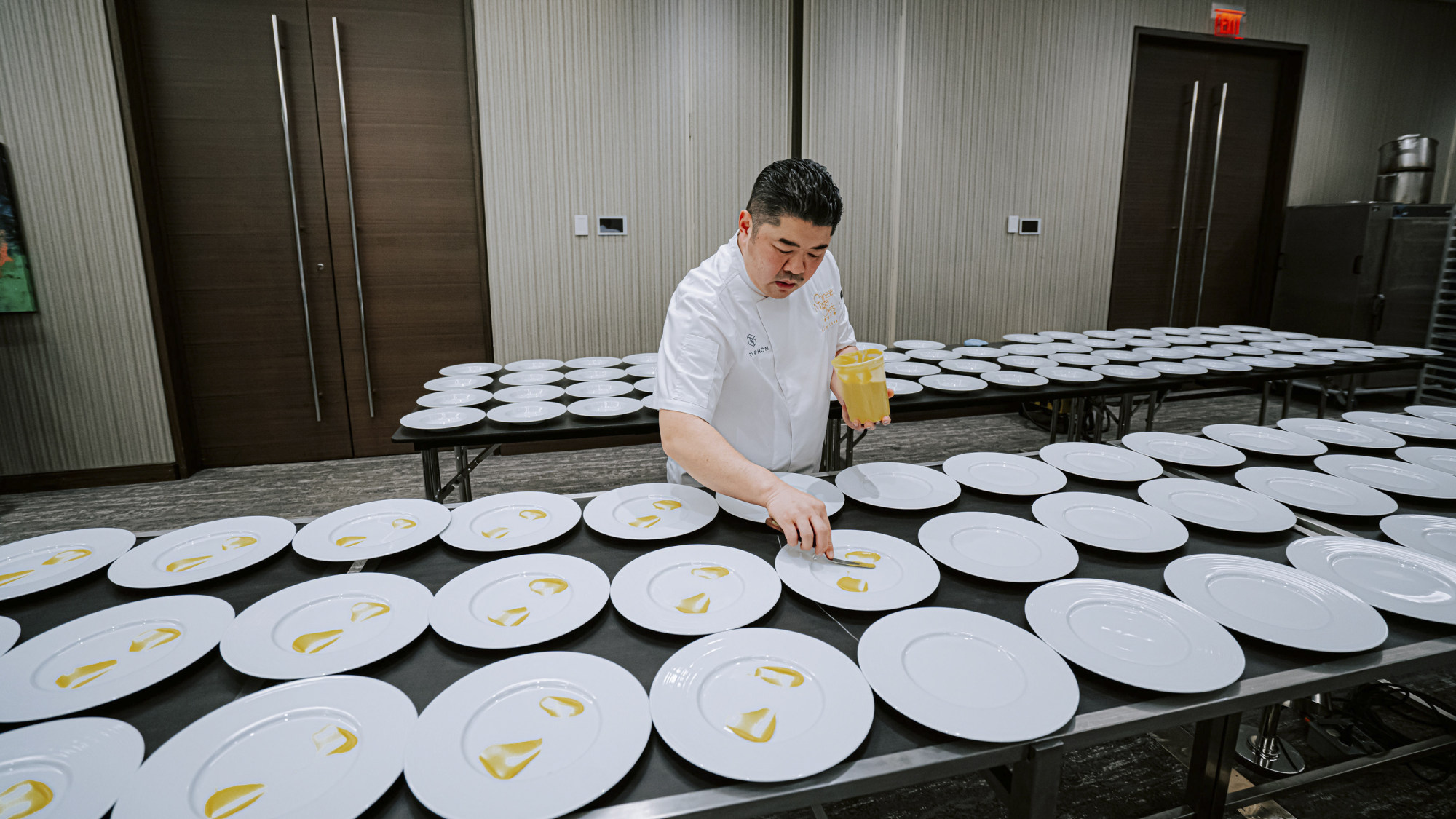
Chen’s father was an engineer who helped build many of the hotels around China for the Shangri-La Hotels and Resorts Group.
“Growing up, he would bring me to the big hotel lobbies and go to different buffets and celebrations of food, and I think it had a profound impact on me as a child. I just loved food growing up and it always resonated with me,” he says.
Chen’s family immigrated to Vancouver when he was 13 and he began working in the restaurant industry as a busboy and dishwasher. Eventually, he had part-time jobs cooking in the kitchen.
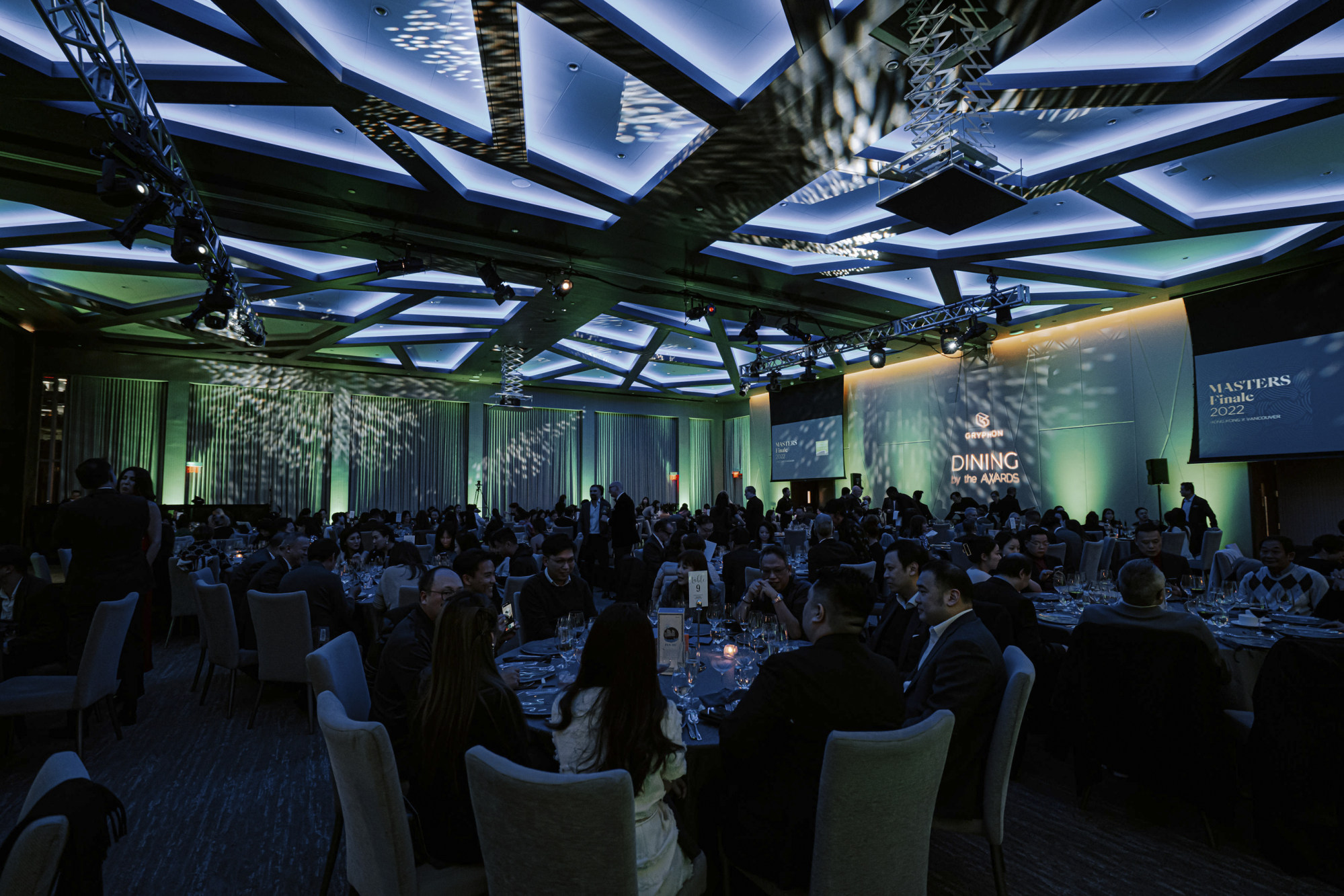
At 22, Chen went to cooking school and apprenticed under chef Robert Sulatycky – who has coached teams for the prestigious Bocuse d’Or world culinary competition – before going into the hotel industry.
He worked at the Four Seasons hotels in Toronto and Chicago, and has cooked for celebrities at The Beverly Hills Hotel in Los Angeles.
He led Team Canada to a top 10 finish at the 2013 Bocuse d’Or in Lyons, France, before returning to Vancouver to open Boulevard the following year.
Chen, who describes the food at Boulevard as Pacific northwest with Asian influences, says the restaurant had a rough start – critics claimed the food was all over the place, and diners found it difficult to understand.
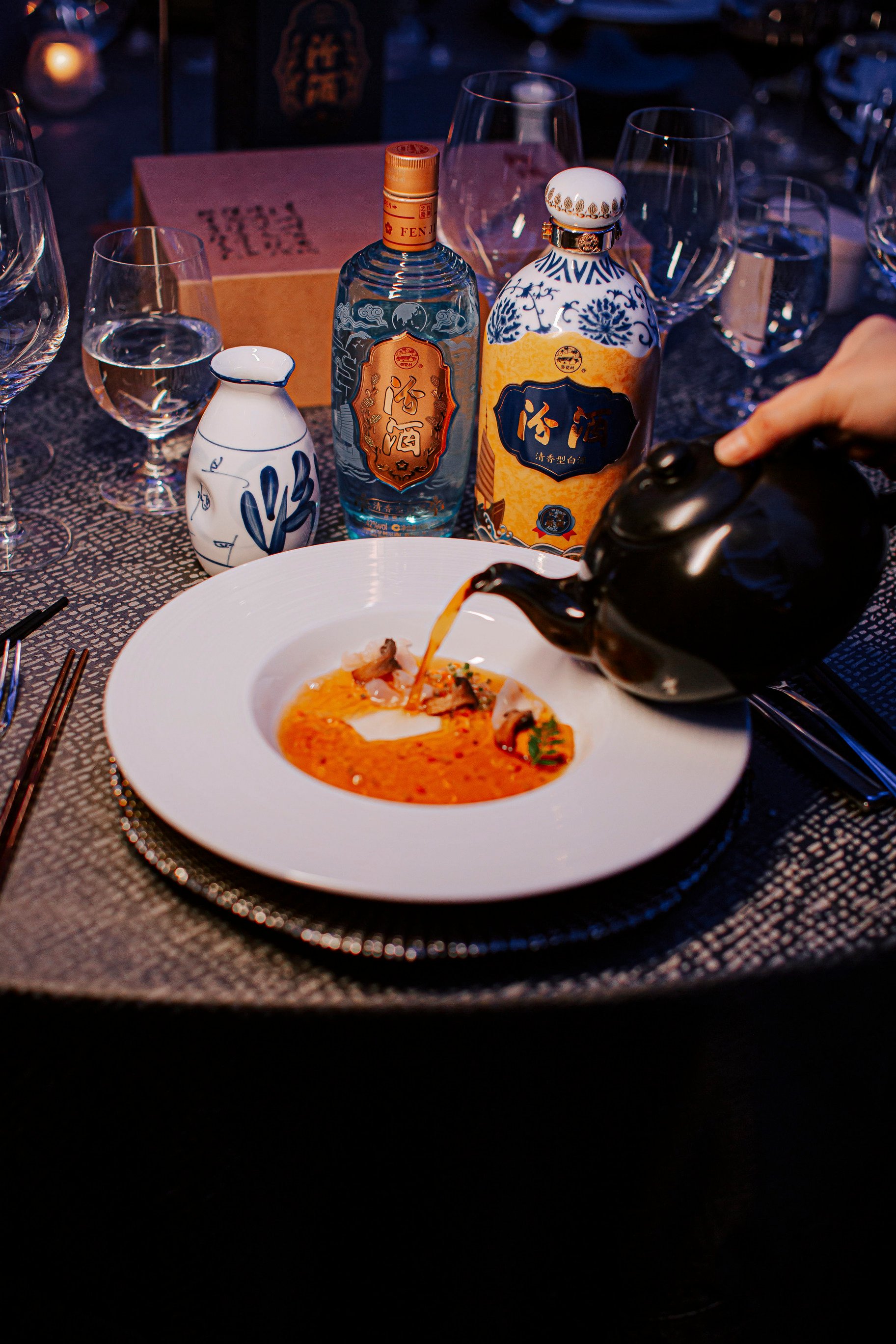
Nevertheless, Chen stuck to his ideas, with menu items such as seared Hokkaido scallops in a red curry sauce with a lemongrass pilaf, and Wagyu beef carpaccio with a soy-lime vinaigrette and pickled shiitake mushrooms.
He adds that being in Vancouver allows him to cook fresh ingredients and have access to good Chinese food. “The standards for soy chicken are so high in Vancouver that the shops are able to demand the farmers raise a speciality chicken. That’s powerful.”
‘Respect the culture’: how UK author Fuchsia Dunlop champions Sichuan food
Singaporean Manpreet Sethi, the executive chef at Paradox Hotel Vancouver, also feels comfortable expressing himself through his cooking.
For the gala dinner, he paid tribute to his Singaporean roots with a beignet stuffed with black pepper Dungeness crab, with a scallop and king shrimp terrine, along with Kam Heong sauce made of curry, hoisin and oyster sauce.
“In the past 10 years, I have been basically bringing Singapore and Southeast Asian flair and blending it with French cuisine or Italian cuisine and using Canadian ingredients,” he explains.
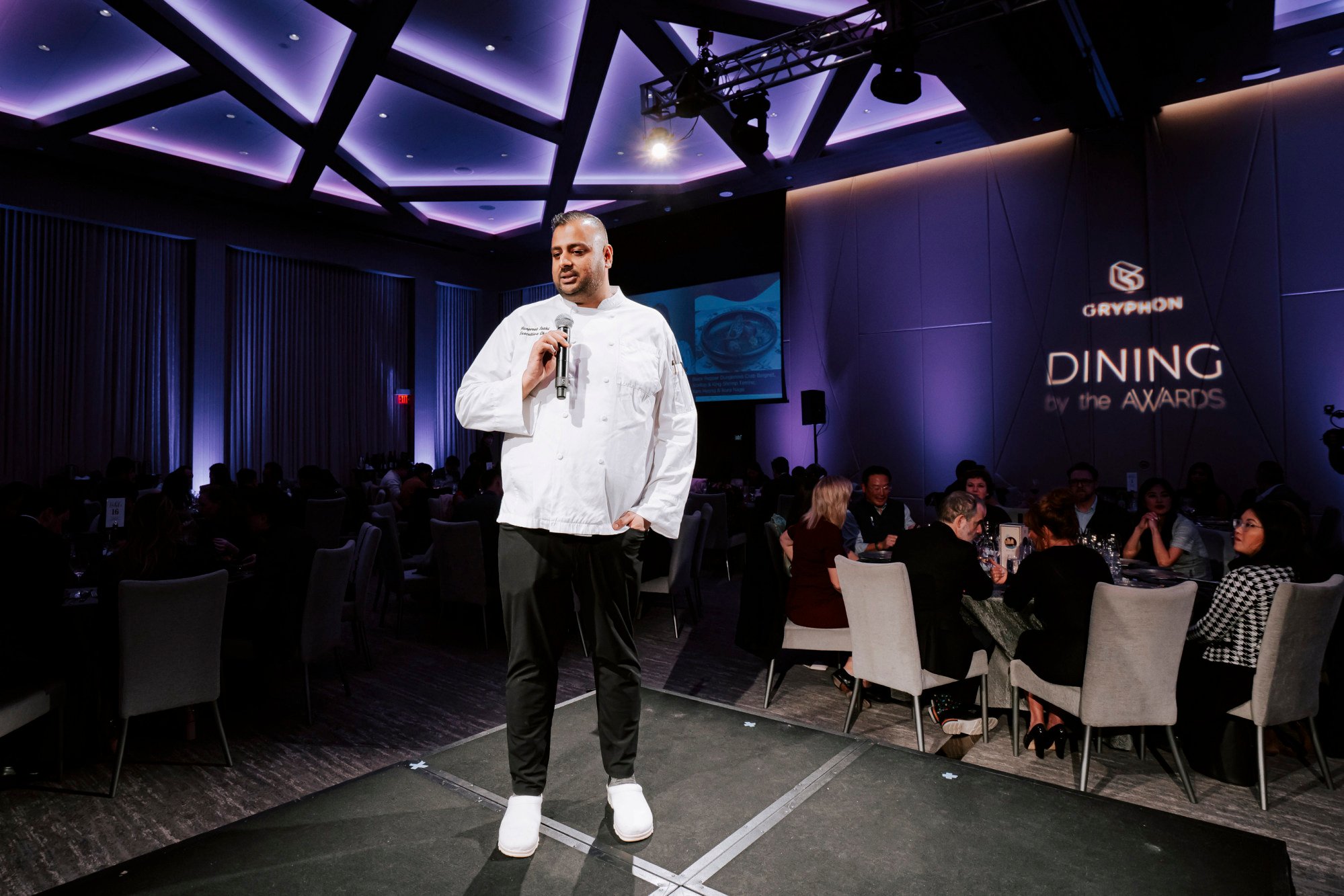
Sethi says cooking in Vancouver is very different to Singapore, where much is imported. “When I came to Canada, every province has so much produce that’s their own, and at that time, I was like, ‘wow, I used to buy this from Dubai, I used to import this from Thailand’. If I needed to place an order I had to do it a week in advance.
“Here, it’s at my back door, so it made me fall in love with the produce here.”
Sethi’s parents were busy working when he was growing up in Singapore, so he often had to cook for himself and his younger brother. At first, he made lunches like rice with a fried egg and Spam, but they soon got sick of that and he began experimenting with other ingredients – a trial-and-error cooking method that has stuck with him.
First Michelin Guide Vancouver gives stars to 8 restaurants – 1 is Chinese
He attributes his broad cooking to eating a lot of street food when he was younger.
“In Canada, you’ve got to go to a restaurant for this or for that. It doesn’t allow that teenage group to freely go around and eat and experiment. I think it helped develop my palate.”
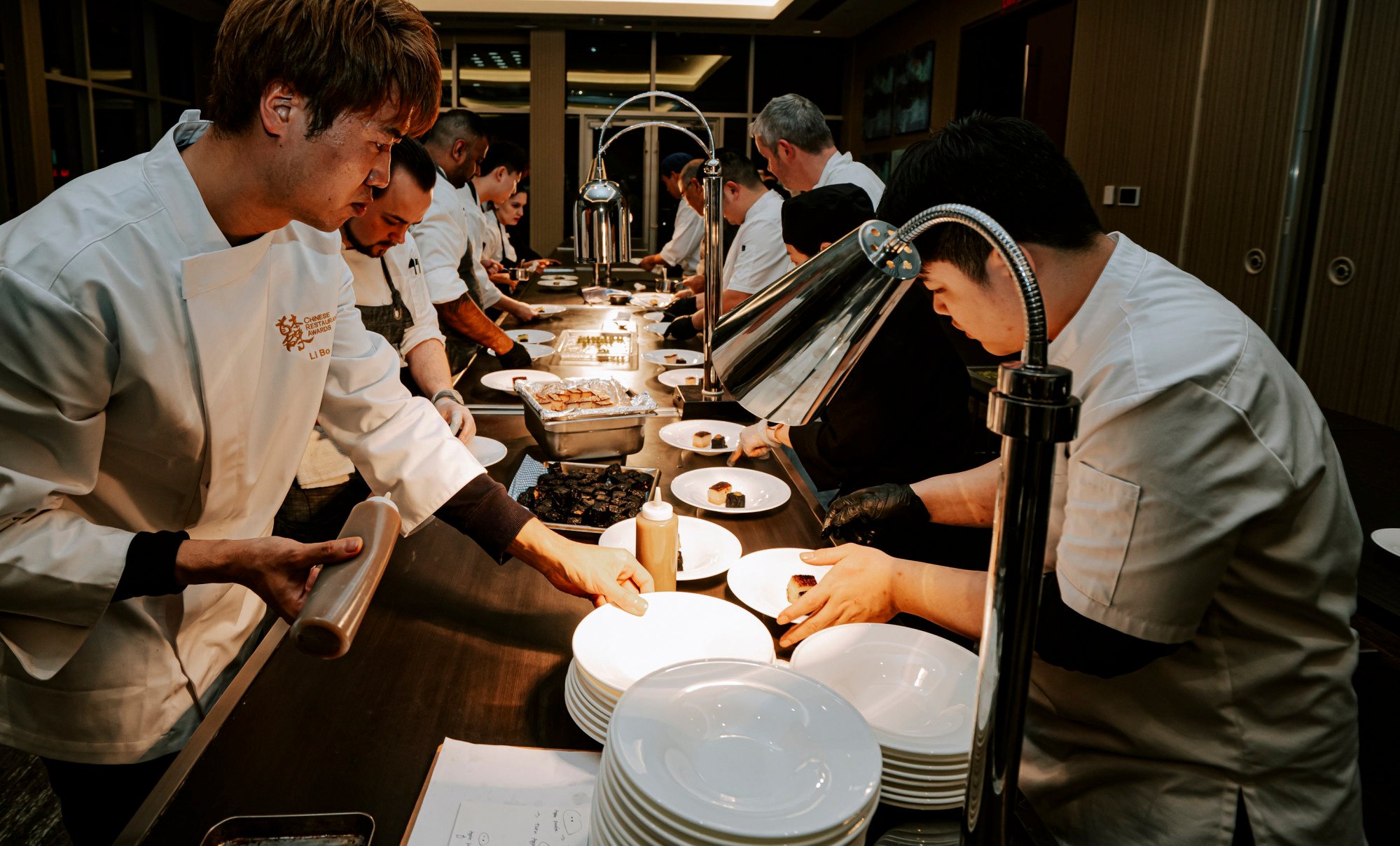
After working at the Four Seasons Hotel Singapore cooking South Asian cuisine, Sethi studied culinary management in Toronto in 2010, thinking that he would return home after. But he stayed, working at the Four Seasons Hotel Toronto, opened a Delta Hotel in Saskatchewan, Canada, and most recently was at Inn at Laurel Point, a five-star boutique hotel in Victoria, British Columbia.
Takashi Ito was the Japanese executive chef who hired Sethi to be his chef de cuisine and, up until 2015, he had never heard any chef in Canada tell him his food had to be more Asian.
“This was great, because everywhere I went, my feedback was like, ‘chef, we’ve got to make it a little less Asian, tone down on the spices and the sake and all those umami flavours. I’m like, well, that’s all I know how to do. He’s the only guy in the country that I’ve worked for who encouraged me to go nuts. ‘Just keep going.’”
Ex-Singapore cop and MasterChef winner on his Nyonya restaurant in India
Sethi began creating dishes like laksa bouillabaisse and beef rendang (but calling it coconut braised short ribs). While he knows he could easily make sambal like he did in Singapore, he acknowledges he has to tone down the spice for his diners in Vancouver.
“It’s all about adjusting, getting a certain type of tomato that brings out the sweetness and toning down the spices so that it’s more palatable to most of the demographic in BC [British Columbia]. We’re just playing around and now, we’ve come to a point where it’s just having fun.”

